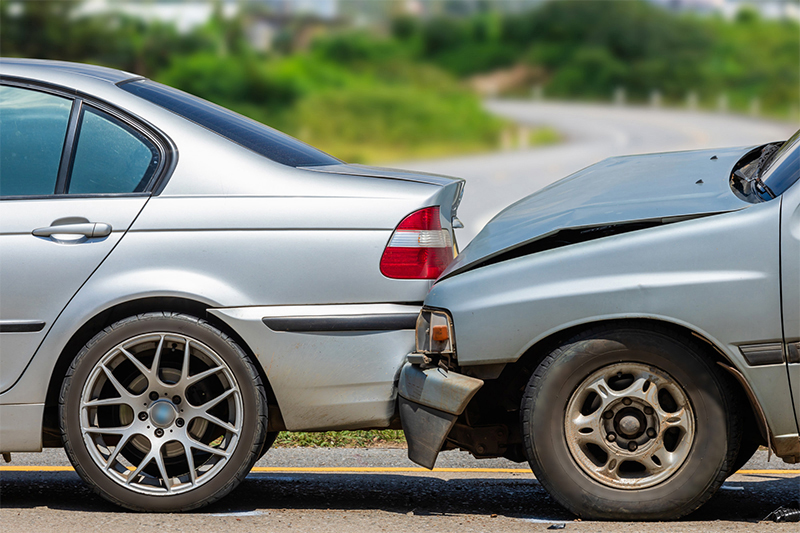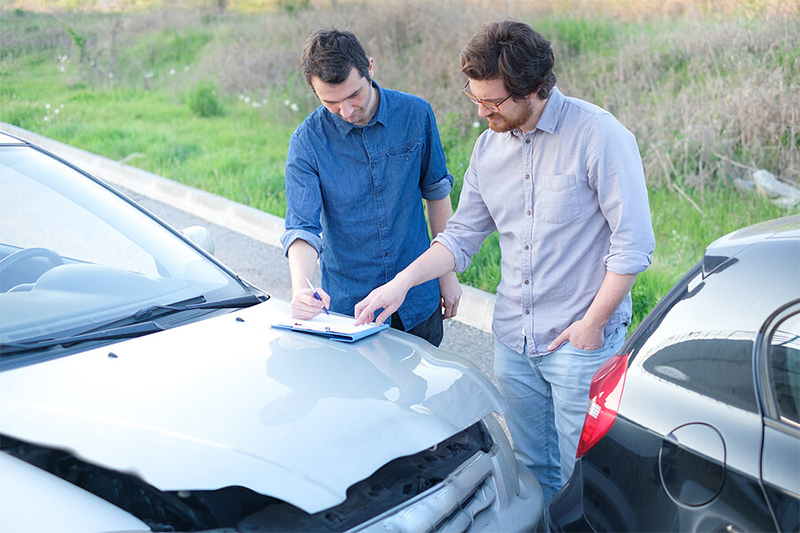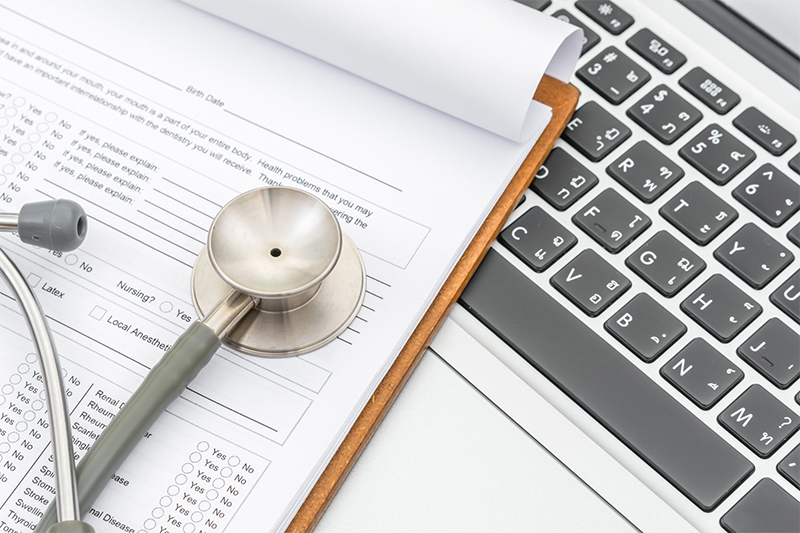Have You Recently Been in a Rear-End Accident in Portland, Oregon?
Your immediate actions can significantly impact your safety and legal standing in the aftermath.
Discovering the precise steps following a rear-end collision can alleviate stress and uncertainty. Whether you’re a seasoned driver or new to the roads, knowing what to do empowers you to protect yourself and your rights.
How Do Rear-End Collisions Happen?
A rear-end collision occurs when one vehicle crashes into the back of another vehicle traveling in the same direction, and these accidents can happen for several reasons. Various factors, such as driver behavior such as reckless driving, bad weather conditions, and vehicle malfunction, can contribute to such collisions.
Sudden decreases in lane speed or accidents occurring in the lane ahead can catch drivers off guard, resulting in a rear-end collision. Furthermore, tailgating, where a vehicle follows another vehicle too closely, significantly increases the risk of a rear-end collision if the leading vehicle stops or slows down suddenly.
Instances of drunk or distracted driving can also contribute to rear-end collisions. When a driver is impaired by alcohol or distracted by activities such as texting while driving, they may overlook traffic conditions ahead and end up colliding with the vehicle in front.
Broken brake lights on a vehicle can mislead following drivers into believing that the vehicle is slowing down or stopping, potentially leading to a rear-end collision.
According to the Oregon Traffic Crash Summary, 2,603 rear-end collisions were reported in Portland in 2021. [1]

Immediate Steps to Take After Rear-end Accident in Portland
Getting into a rear-end accident can be a jarring experience, leaving individuals confused and unsure of what immediate steps to take. In Portland, it is necessary to understand the actions required to protect yourself legally and ensure the safety of all parties involved.
1. Ensure Safety and Seek Medical Treatment
The first immediate step after a rear-end crash in Portland is to ensure the safety of everyone involved. Check for minor and severe injuries and call for medical assistance if needed. It does not matter whether you have any visible evidence of injury; you must seek the help of a medical professional immediately.
If it is safe, move the vehicles to the side of the road and turn on hazard lights to warn other motorists. Prioritizing safety can prevent further accidents and ensure the well-being of individuals affected by the collision.
2. Contact Law Enforcement
Report any auto accident to law enforcement, no matter the extent of the damage or injuries involved. Call 911 to report the rear-end accident and provide the necessary details to the dispatcher.
An officer will arrive at the scene to document the incident, gather evidence, and create an official report. The documentation not only assists with insurance claims but can also be vital if legal action needs to be taken in the future.
3. Exchange Information
After ensuring everyone’s safety and contacting law enforcement, exchange essential information with the other driver involved in the traffic accident. It includes names, contact details, insurance information, and vehicle registration numbers.

4. Notify Insurance Company
Promptly contact your insurance policy provider to report the rear-end accident and provide them with all the necessary details. It includes the date, time, location, and description of the events leading up to the collision. Be honest and accurate when giving your account, as any inconsistencies may affect your claim process.
Your insurance provider will guide you through the following steps and initiate the claims process on your behalf. A calm and organized approach is vital during this challenging time, allowing for a smoother resolution and necessary assistance for recovery or compensation.
5. Take Photos of the Accident Scene
Take pictures of the accident scene, including vehicle damage, skid marks, license plate, and other relevant evidence. Photos of the accident scene are invaluable as they provide visual evidence that can greatly assist with insurance claims, police investigations, and legal proceedings. Remember that these photos should be accurate, objective, and properly documented to ensure reliability.
6. Keep All Medical Records and Receipts
Keeping all medical records and receipts is of utmost importance when documenting healthcare expenses and treatments. It ensures a clear and comprehensive record of your medical history and expenses, enabling you to manage your medical care needs effectively.
One benefit of maintaining such records is the ease it provides for insurance claims. Insurers require proper documentation to validate claims, and having all the necessary records readily available can prevent delays and denials.

7. Determining Fault in the Accident
Determining fault in a Portland rear-end accident is a significant aspect of the investigation process. Determining who the responsible party is can be found by carefully analyzing the evidence and factors involved in the incident. This includes physical evidence such as skid marks, damage to vehicles, and the location of the accident.
Traffic rules and regulations need to be considered. Investigations will seek whether any party violated traffic laws, such as running a red light or exceeding the speed limit. Weather conditions, road conditions, and visibility must also be looked at, as these factors can also contribute to the accident. Witness statements can also be valuable when establishing fault.
8. Contact a Portland Personal Injury Lawyer
After a rear-end accident, consider seeking legal assistance to protect your rights and ensure fair compensation. A skilled attorney can navigate the complexities of insurance claims, negotiate with the opposing party on your behalf, and guide you through the entire legal process.
Legal representation can also help gather evidence, assess damages, and advocate for your best interests in court if necessary. Consulting with a lawyer in Portland can provide valuable guidance and support as you pursue the appropriate legal recourse following the accident.

Book a free consultation with Goldberg & Loren to start pursuing the justice and compensation you are entitled to.
Frequently Asked Questions (FAQs)
Sources:
[1] 2021 Oregon Traffic Crash Summary. (n.d.). Oregon Department of Transportation. Retrieved March 15, 2024, from https://www.oregon.gov/odot/Data/Documents/Crash_Summary_2021.pdf
[2] ORS 12.110 – Actions for certain injuries to person not arising on contract. (n.d.). https://oregon.public.law/statutes/ors_12.110

